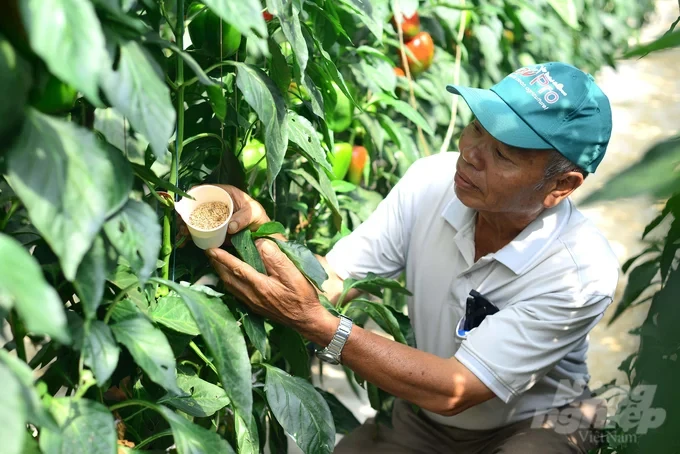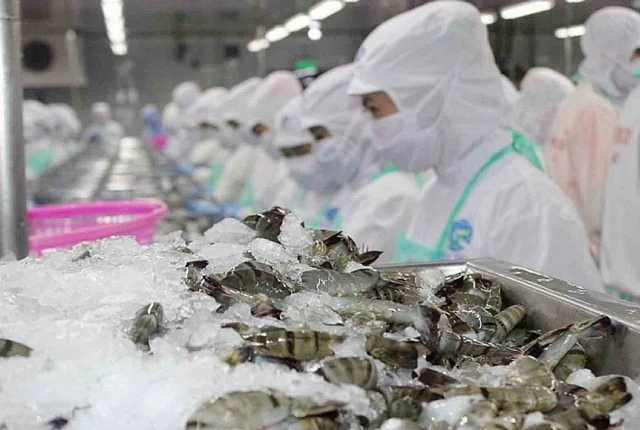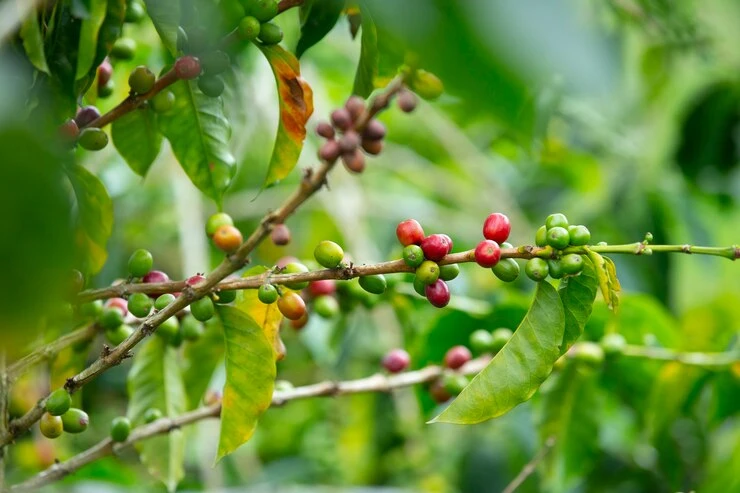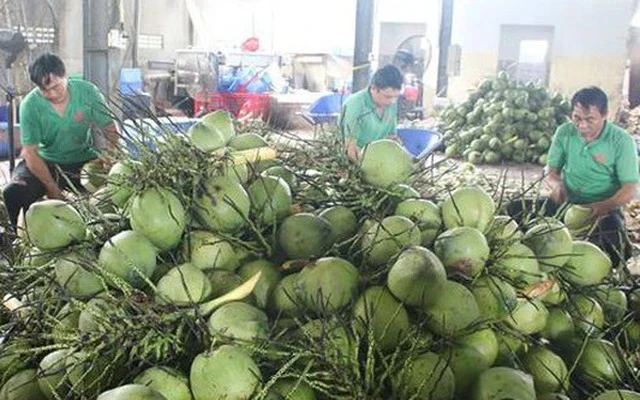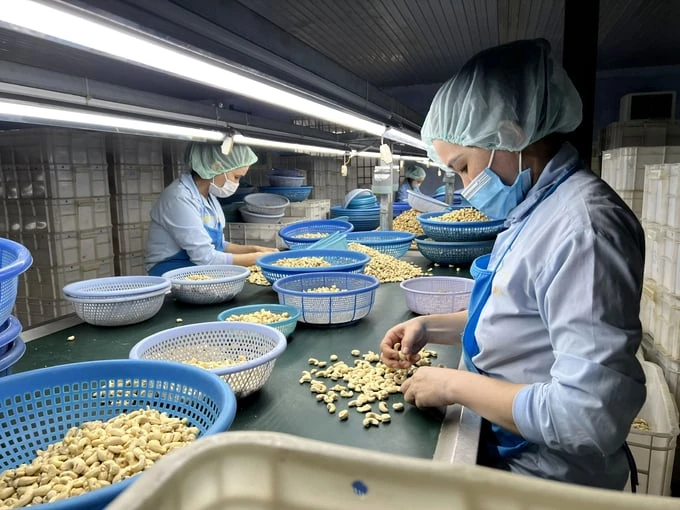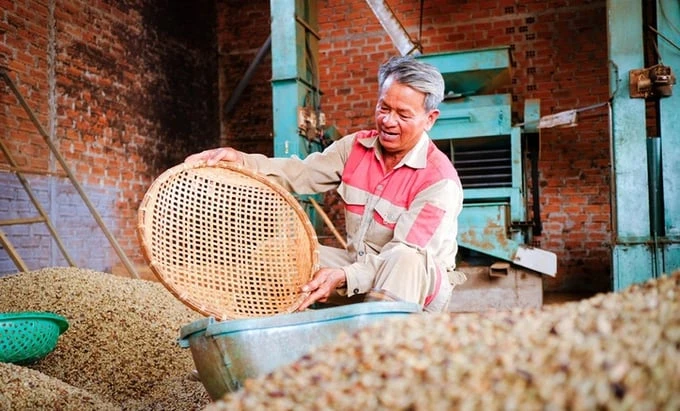In the face of climate change, the development of pests is changing, and they are no longer following the same natural rules. Crop pests including insects, diseases and weeds are increasing, creating a great challenge for the agricultural sector.
Chemical pesticides have long played an important role in preventing and controlling pests. However, over-reliance on chemical pesticides has led to serious consequences for the environment, such as reducing biodiversity, affecting human health and the ecosystem’s sustainable development.
Realizing the heightened complexity of pest and disease development as one of the consequences of climate change, Dr. Nguyen Van Tuat, Chairman of the Vietnam Plant Protection Science and Technology Association (VNPPA), believes that there should be more effective and environment-friendly plant protection solutions.
Typical examples are the application of molecular biology techniques to study pathogens that cause damage to crops, the creation and utilization of crop varieties that are resistant to pests and herbicides using genetic technology, research and development of technology to produce biological plant protection products.
“In the orientation of research and transfer of science and technology in the field of plant protection in the near future, it is crucial to pay attention to forecasting the emergence and damage of new species,” said Dr. Nguyen Van Tuat.
Integrated plant health management (IPHM) associated with ecological, organic, circular agriculture, and greenhouse gas emission reduction also needs to be widely applied. The current time calls for ensuring efficient production, promoting preservation, processing and consumption of products along the value chain to serve domestic consumption and export.
The Vietnam Plant Protection Science and Technology Association has conducted research for potential biological pesticide products in hope of expanding large-scale production to put into practice and reduce 30% of chemical pesticides by 2030. This is both a challenge and an opportunity for dedicated scientists to develop and realize their own research.
There needs to be a commercial market for nemesis of pests soon
On August 2 and 3, the 2024 National Plant Protection Science Conference takes place at Can Tho University with the theme "Advanced plant protection solutions for sustainable agriculture". Experts reveal that plant pest management is currently carried out according to integrated pest management (IPM) and integrated plant health management (IPHM) programs. Biological pest control is the core content of the mentioned two programs and is a friendly solution chosen for sustainable agroproduction.
According to Dr. Nguyen Van Liem, Director of the Plant Protection Institute, research on the composition, role and application of nemesis in preventing and controlling plant pests in Vietnam has been conducted since the 1970s and achieved many important results.
Research by the Plant Protection Institute shows that Vietnam has a very rich source of nemesis, with at least 1,124 species/forms of plant-eating insects and small plant-eating spiders. In addition, the institute has collected more than 600 species of nemesis for major crops. Among them, many species are evaluated as effective biological agents and have high potential for use in pest control.
In order to effectively use nemesis, it is necessary to determine the effective threshold for good pest management and determine the appropriate release time and density. One thing to note is that there is currently no large-scale, professional nemesis breeding facility in the country.
